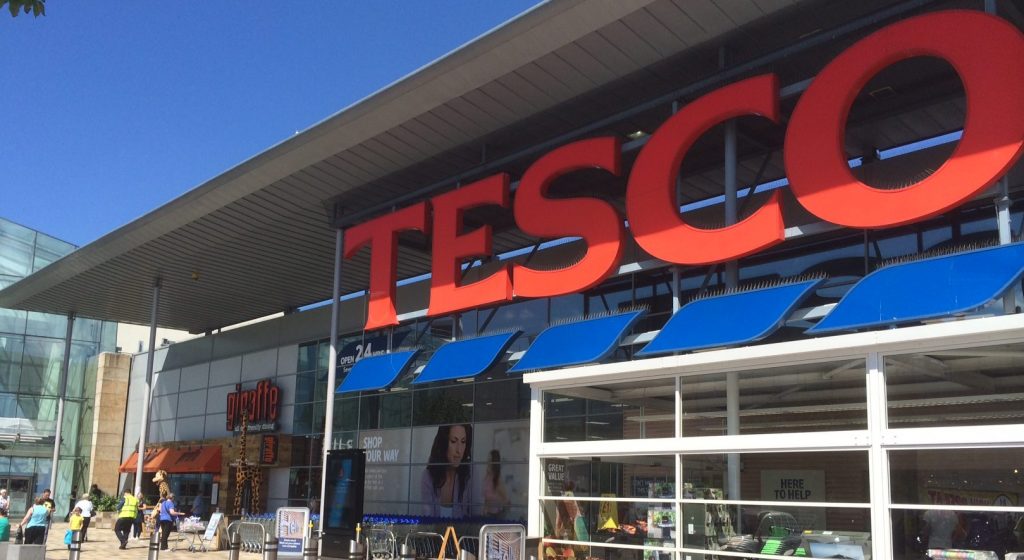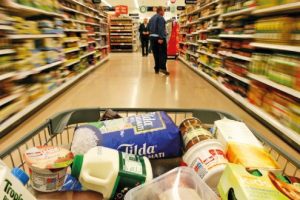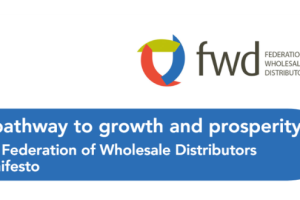The retailer responded after Darren Goldney, managing director of Unitas Wholesale, the UK’s largest independent group of food wholesalers, called the recent granting of a business rates holiday to it “a disgrace”. He said Tesco “had been the recipient of both cash they did not need and huge sales increases on the back of the pandemic”.
Tesco responded today: ”We have incurred very, very significant costs, extra costs, in running the business. In the half year, those are £533m. Broadly in the full year, we expect those to be about £725m and the rates relief is £533m. So, it’s against the backdrop of serving customers, keeping people fed and giving them what they need and supporting government initiatives against the vulnerable that the business performance should be measured.”
Goldney, whose organisation represents 170 regional food distributors, said: “It’s absurd that large supermarket chains should be receiving financial support that enables huge profit growth. The near 30% half-year rise in Tesco’s profit suggests that over the full year it could make an extra £600m – almost exactly the same as the amount of money the government is handing over to them.
“The hospitality sector, health care sector and care homes will need its wholesalers in order to continue. It’s equally absurd that the government doesn’t understand the need to keep that supply chain viable. We need the government and those who have ‘windfall’ benefit from this crisis to do the right thing. Taxpayers’ money is finite.”
Goldney said many of its wholesale members had lost up to 80% of their custom as a result of lockdowns and feared worse was to come. “Sleepless nights are caused by wholesalers having received no meaningful support at all, especially the business rates relief that we’ve continually asked for. They have been doggedly keeping open critical routes to care homes, hospitals and hospitality, even making a loss to do so. Some just can’t do it much longer.”
 Talking Retail Grocery and product news for independent retailers
Talking Retail Grocery and product news for independent retailers






